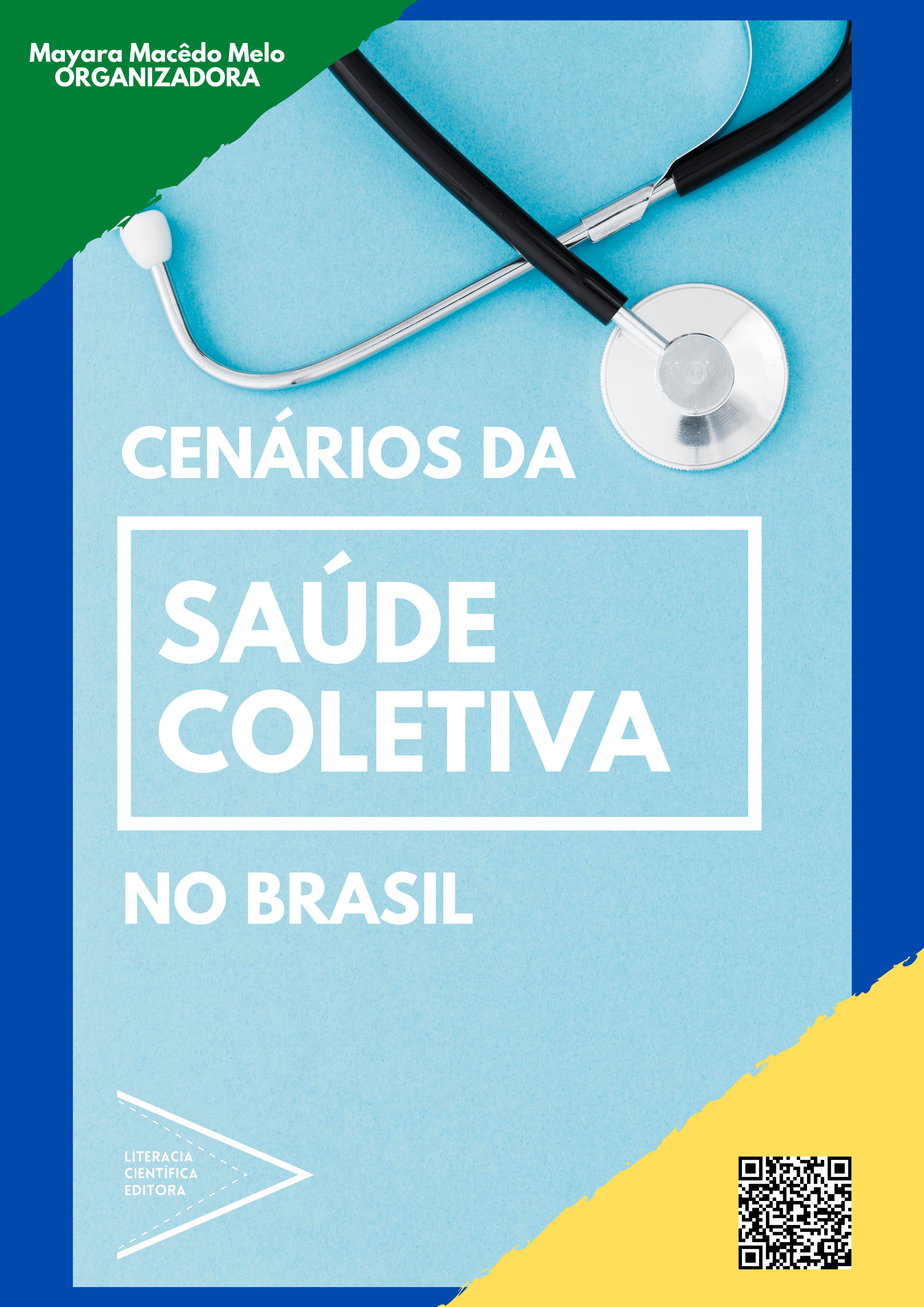
DOI: 10.53524/lit.edt.978-65-995572-1-7/04
PALAVRAS-CHAVE: Programas de Imunização. Cobertura de Imunização. Movimento contra Vacinação. Recusa de Vacinação.
KEYWORDS: Immunization Programs. Immunization Coverage. Antivaccination Movement. Vaccination Refusal.
ABSTRACT: OBJECTIVE: To analyze the epidemiological data of Brazilian vaccination from 2000 to 2020 and reflect on variations in vaccination coverage in Brazil and possible interfering events in the NIP. MATERIALS AND METHODS: Descriptive and cross-sectional study based on data analysis from DATASUS on Brazilian vaccination coverage in the last 20 years, collected in May 2021, which with the help of Microsoft Office Word 2016 and Microsoft Office Excel 2016 were compared for the percentages achieved, annual variation and regional distribution. RESULTS AND DISCUSSION: A positive impact of vaccination was observed from the National Immunization Program (NIP), providing the eradication of some diseases previously considered public health problems. However, despite the increasing levels of vaccination coverage until 2015, when the maximum percentage was reached, there was a decrease in subsequent years, which may be related to the dissemination of fake news and antivaccine movements. CONCLUSION: It was found that despite the advances obtained from social support to the PNI, the advent of fake news and antivaccine campaigns have been shown to be real challenges to public health, including during the Covid-19 pandemic, and may have repercussions beyond vaccination coverage rates, since they allow the perpetuation of diseases that could be eradicated by vaccination.
André Luiz Baião Campos
Anna Beatriz Lopes Tavares
Francielly Azevedo da Silva
Júllia Beatriz Araujo Souza
Lucas Siqueira dos Santos
Luís Ricardo Santos de Melo
Nayara de Oliveira Santiago Santos
Rebeca Feitosa Dória Alves
Vanessa Maria Oliveira Morais
Vitória Dias dos Santos
Desenvolvido por Alexsander Arcelino